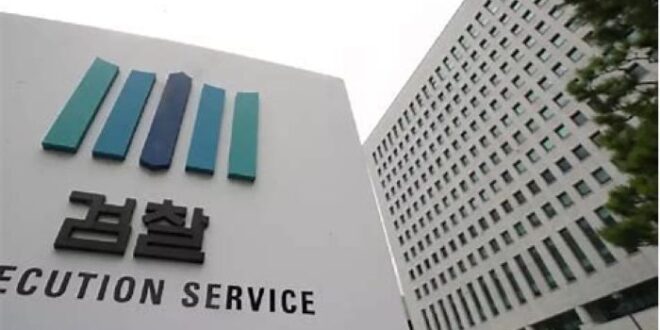A South Korean court has sentenced a group of crypto traders to prison for exploiting the “Kimchi Premium,” a unique phenomenon in the cryptocurrency market. The gang, accused of earning millions through illegal arbitrage trading, is now facing significant legal consequences in a landmark case that underscores the country’s commitment to tackling financial crimes in the digital asset space.
What is the ‘Kimchi Premium’?
The “Kimchi Premium” refers to the price discrepancy between cryptocurrencies traded on South Korean exchanges and those on global platforms. Due to high demand and limited supply in South Korea, Bitcoin and other cryptocurrencies often trade at a premium compared to international markets. Savvy traders can exploit this gap through arbitrage, buying low on foreign exchanges and selling high in South Korea.
While arbitrage itself isn’t illegal, the sentenced traders crossed the line by using illicit means to transfer funds and circumvent South Korea’s stringent foreign exchange regulations.
The Case Against the Gang
The court found the group guilty of operating a coordinated scheme that illegally funneled over $70 million out of South Korea for arbitrage trading. The traders reportedly used forged documents and shell companies to bypass capital transfer limits, violating both financial and criminal laws.
The court sentenced the ringleader to three years in prison, with accomplices receiving sentences ranging from one to two years. This ruling sends a strong message about the consequences of exploiting regulatory loopholes in the cryptocurrency market.
Why This Matters
- A Warning to Crypto Market Manipulators
The case highlights the South Korean government’s zero-tolerance approach to financial crimes in the crypto space. Authorities have ramped up efforts to close regulatory gaps, ensuring fair and transparent market practices. - Stronger Regulatory Oversight
South Korea has been a global leader in crypto regulation, introducing measures to protect investors and curb illegal activities. The crackdown on the Kimchi Premium gang reinforces the need for tighter cross-border controls and anti-money laundering (AML) protocols. - Impact on Arbitrage Opportunities
Cases like this could deter traders from attempting similar schemes, potentially reducing the Kimchi Premium. However, experts argue that broader market dynamics, such as domestic demand and global supply, will continue to influence the price gap.
The Broader Implications
The court’s ruling is part of a larger push to legitimize the cryptocurrency industry in South Korea. By cracking down on illegal activities, regulators aim to build trust and attract institutional investors, cementing the country’s position as a key player in the global crypto market.
At the same time, this case raises questions about the balance between regulation and innovation. While robust oversight is essential, excessive restrictions could stifle the competitive edge of South Korea’s thriving crypto ecosystem.
The jailing of the Kimchi Premium trading gang marks a watershed moment for cryptocurrency enforcement in South Korea. As the industry matures, this case underscores the importance of compliance and ethical practices in navigating the evolving regulatory landscape.
With global attention on South Korea’s crypto policies, the country continues to set an example for balancing innovation with accountability in the digital financial era.
 Business Sandesh Indian Newspaper | Articles | Opinion Pieces | Research Studies | Findings & News | Sandesh News
Business Sandesh Indian Newspaper | Articles | Opinion Pieces | Research Studies | Findings & News | Sandesh News



